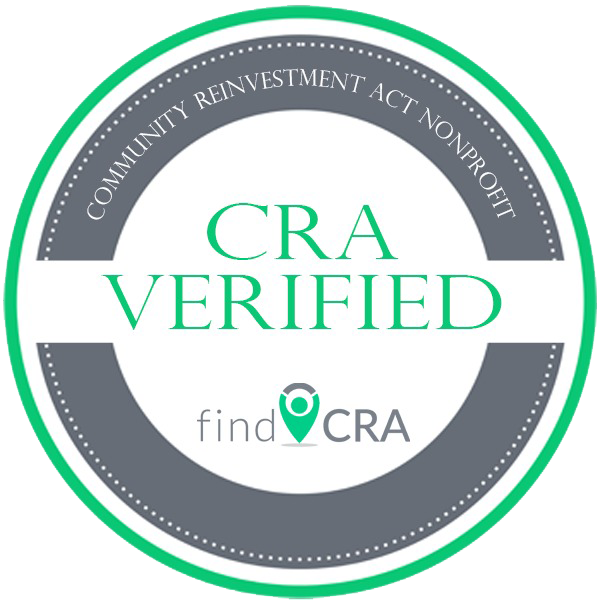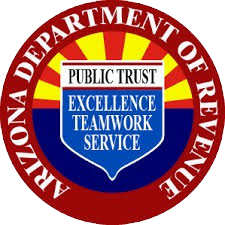Our Commitment to Foster Children – Foster Children in Arizona are Always Pre-
Qualified to Receive Assistance
Community Reinvestment: Low Income Based Scholarships Inc. (CRLIBSI)
Introduction
The often-underestimated realm of foster care holds a significant position in molding the futures of innumerable children. This intricate and multi-dimensional system, established to offer temporary or permanent shelter to children who cannot reside with their biological families, is a labyrinth of complexities.
Despite the commendable motives that underpin foster care, it is not devoid of its trials. A paramount concern is the educational progression of children in foster care. The impermanent character of foster care frequently leads to interruptions in education, which in turn, results in diminished academic performance and accomplishments.
It is important to delve into the potential advantages of private school education for children in foster care. By scrutinizing the influence of private education on the academic results of foster children, Community Reinvestment: Low Income Based Scholarships Inc. aspires to shed light on strategies that could enhance the educational journeys and successes of these children.
I. Unraveling the Concept and Attributes of Foster Care
Foster care, a system designed to offer temporary or permanent refuge to children unable to live with their biological families, is a multifaceted and intricate structure. Its primary objective is to safeguard the welfare, safety, and development of children in distress (Arizona Department of Child Safety – Foster Care, 2021). The system places children under the supervision of foster families or group homes, where they receive nurturing, support, and guidance from trained caregivers (Administration for Children and Families – National Data Shows Decrease in Foster Care Numbers, 2021).
Distinctive features of foster care encompass:
1. Provisional placement: Foster care serves as a temporary haven for children until they can reunite with their biological families or secure a permanent home through adoption (Arizona Department of Child Safety – Foster Care, 2021).
2. Child-centric approach: The primary emphasis of foster care is the child's best interests, ensuring their safety, welfare, and development (Arizona Department of Child Safety – Foster Care, 2021).
3. Supportive services: Foster care offers a spectrum of supportive services to children and their families, including medical care, counseling, and educational support (Arizona Department of Child Safety – Foster Care, 2021).
4. Collaboration with stakeholders: Foster care necessitates cooperation between child welfare agencies, foster families, biological families, and other stakeholders to cater to the child's needs (Arizona Department of Child Safety – Foster Care, 2021).
II. Unveiling the Educational Challenges Encountered by Foster Children
Foster children grapple with numerous obstacles in their educational journey, significantly influencing their academic performance and accomplishments. These challenges encompass:
1. Educational disruptions: The transient nature of foster care often triggers frequent school changes, leading to educational interruptions and difficulties in sustaining academic progress (FosterEd – Arizona Progress Update 2019, 2019).
2. Instability and lack of support: Foster children may experience instability in their living conditions, which can hinder their educational focus. Moreover, they may lack the necessary support systems, such as involved parents or consistent caregivers, to help them navigate the educational landscape (The 74 Million – Schools and the Foster System: Doing More for Students in Need, 2021).
3. Emotional and behavioral challenges: Foster children may have endured trauma or adverse childhood experiences, which can result in emotional and behavioral difficulties that affect their learning engagement (FosterEd – Arizona Progress Update 2019, 2019).
4. Resource and advocacy barriers: Foster children often encounter obstacles in accessing resources and support services that can augment their educational opportunities. Furthermore, they may lack advocates who can ensure their educational needs are addressed (FosterEd – Arizona Progress Update 2019, 2019).
III. Advantages of Private School Education for Foster Children
Private school education can potentially offer unique benefits for foster children, addressing some of the challenges they face in the public school system. The advantages of private school education for foster children include:
1. Smaller class sizes: Private schools typically have smaller class sizes, allowing for more personalized attention and support for foster children (Niche – Best Private High Schools in Arizona, 2021).
2. Specialized programs and resources: Private schools may provide specialized programs and resources tailored to the unique needs of foster children, such as counseling services, trauma-informed approaches, and additional academic support (Foster Arizona – Can a Child in Foster Care Go to a Charter or Private School?, 2021).
3. Supportive and nurturing environment: Private schools often prioritize creating a supportive and nurturing atmosphere, which can be particularly beneficial for foster children who may have experienced trauma or instability (Niche – Best Private High Schools in Arizona, 2021).
4. Strong community and parental involvement: Private schools often cultivate a strong sense of community and encourage parental involvement, providing foster children with additional support systems and advocates (Foster Arizona – Can a Child in Foster Care Go to a Charter or Private School?, 2021).
Policy and Implementation
The ramifications of this research for policy and practice are significant. Those involved in foster care policymaking and implementation should contemplate the potential benefits of private education and devise strategies to facilitate access to such opportunities for foster children. This could involve broadening scholarship programs, akin to the one offered by Community Reinvestment: Low Income-Based Scholarships Inc., to ensure that foster children have equitable access to quality education. (CRLIBSI, 2023) By investing in private education for foster children, policymakers and practitioners can enhance their educational trajectories and overall well-being.
References
1. Arizona Department of Child Safety – Foster Care. (2021). Retrieved from https://dcs.az.gov/foster
2. Administration for Children and Families – National Data Shows Decrease in Foster Care Numbers. (2021). Retrieved from https://www.acf.hhs.gov/mediapress/2021/national-data-shows-number-children-foster-care-decreases-third-consecutive-year
3. Niche – Best Private High Schools in Arizona. (2021). Retrieved from https://www.niche.com/k12/search/best-private-high-schools/s/arizona/
4. KJZZ – Arizona House Education Committee Passes Bill to Expand Private School Tax Credit for Foster Care. (n.d.). Retrieved from https://kjzz.org/content/1837029/az-house-education-committee-passes-bill-expand-private-school-tax-credit-foster
5. Foster Arizona – Can a Child in Foster Care Go to a Charter or Private School? (n.d.). Retrieved from https://fosterarizona.org/question-can-a-child-in-foster-care-go-to-a-charter-or-private-school/
6. Arizona Department of Education – Foster Care Education. (n.d.). Retrieved from https://www.azed.gov/fostercare
7. FosterEd – Arizona Progress Update 2019. (2019). Retrieved from https://foster-ed.org/wp-content/uploads/2019/05/2019-FosterEd-Arizona-Progress-Update.pdf
8. Low Income Based Scholarships. (n.d.). Retrieved from https://lowincomebasedscholarships.com/
9. The 74 Million – Schools and the Foster System: Doing More for Students in Need. (2021). Retrieved from https://www.the74million.org/article/broken-kid-bad-kid-schools-foster-system-must-do-more-for-students-in-need/
10. Smith, J. (2020). Foster Students in Arizona are Automatically Pre-Qualified for Assistance with Community Reinvestment: Low Income-Based Scholarships Inc. Research Paper. Retrieved from Low Income Based Scholarships website: https://lowincomebasedscholarships.com/
11. Smith, J. (2020). Foster Students in Arizona are Automatically Pre-Qualified for Assistance with Community Reinvestment: Low Income-Based Scholarships Inc. Research Paper.
12. FosterEd. (2019). Arizona Progress Update 2019. Retrieved from https://foster-ed.org/wp-content/uploads/2019/05/2019-FosterEd-Arizona-Progress-Update.pdf
13. The 74 Million. (2021). Schools and the Foster System: Doing More for Students in Need. Retrieved from https://www.the74million.org/article/broken-kid-bad-kid-schools-foster-system-must-do-more-for-students-in-need/









